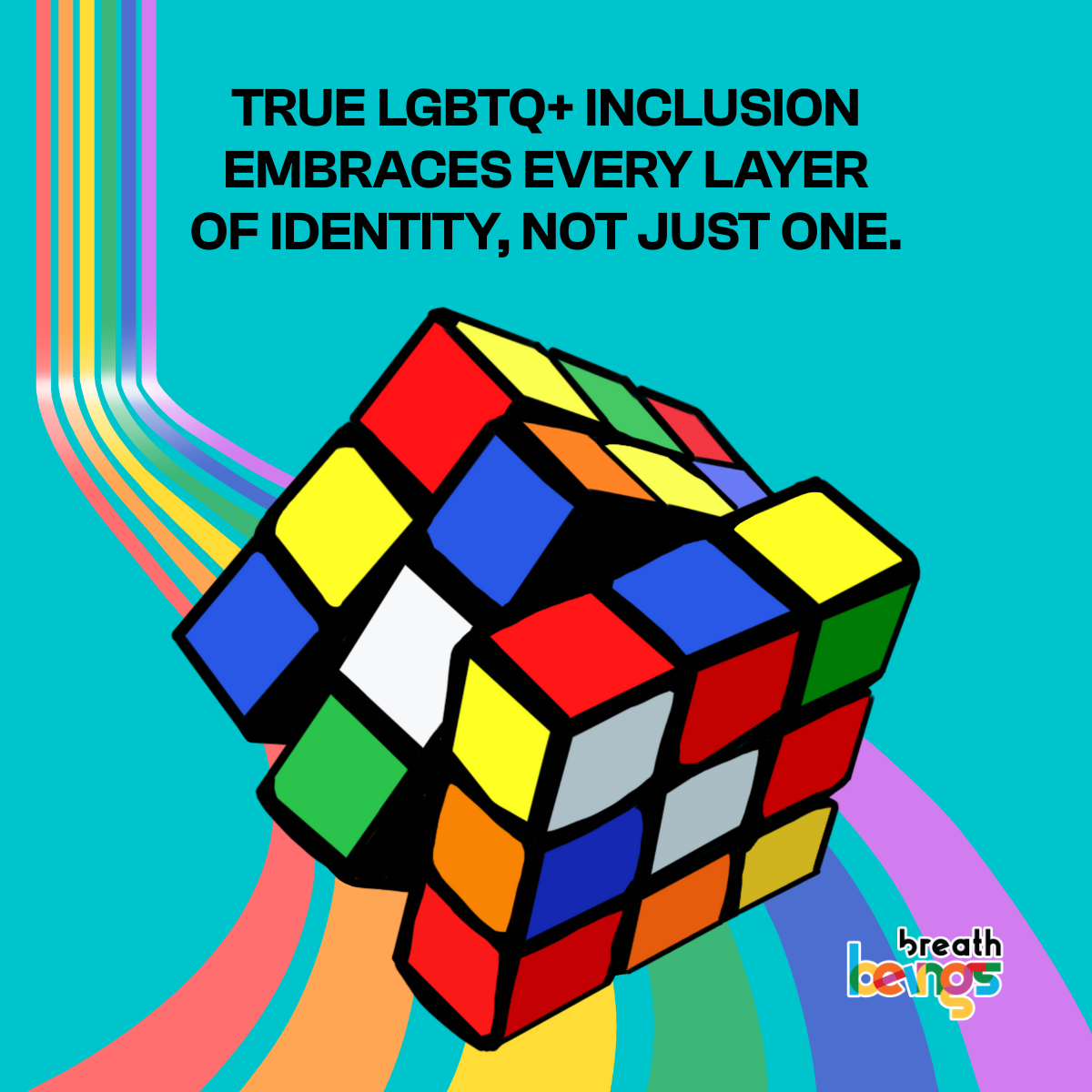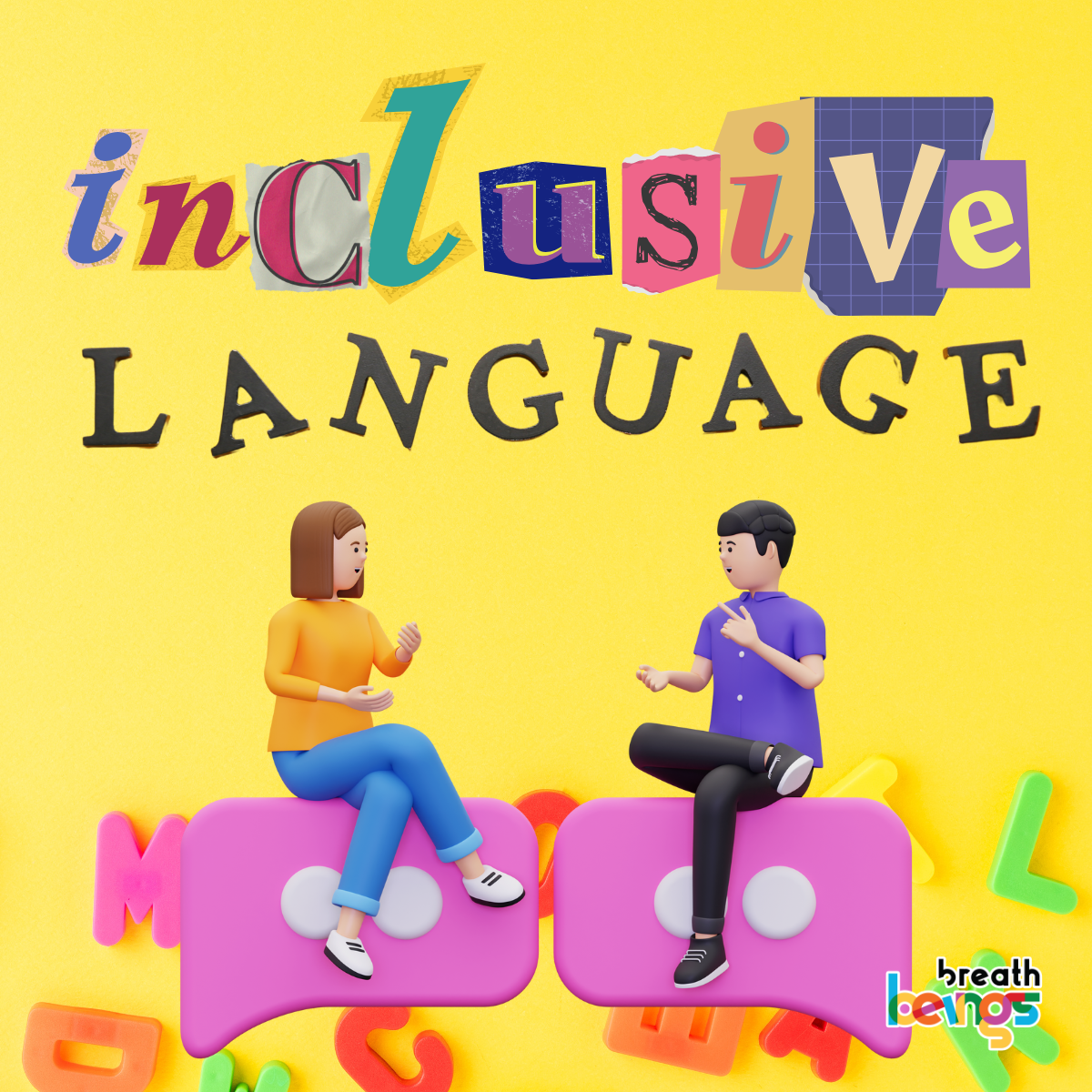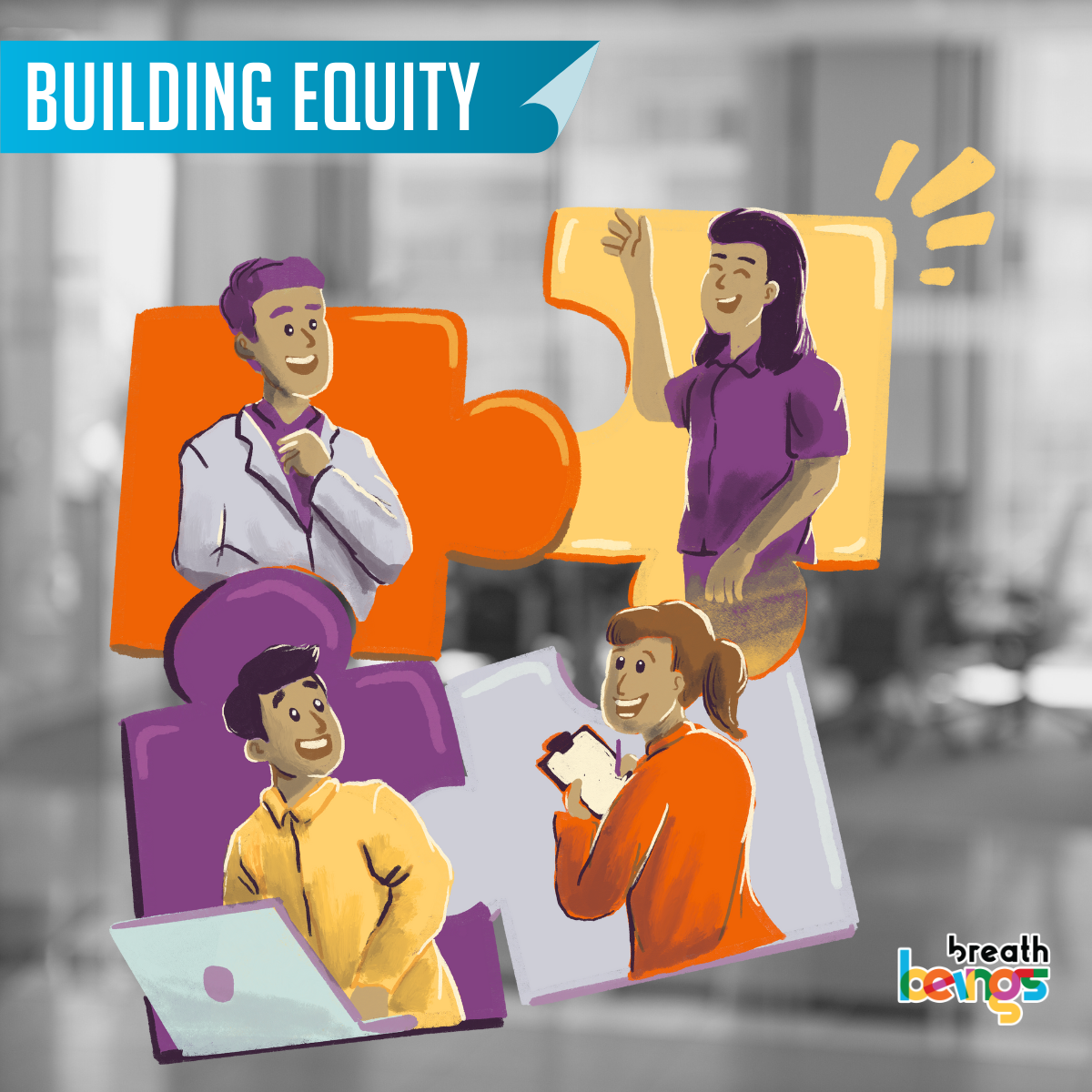In the world of Diversity, Equity, and Inclusion (DEI), not all initiatives are created equal. Some soar to great heights, transforming workplaces. Others, despite the best intentions, fall flat.
Consider Company A, a tech giant that launched a mentorship program aimed at advancing underrepresented groups in leadership roles. On paper, it looked promising: carefully matched mentors and mentees, structured meeting schedules, and clear goals. Yet, a year later, the program was deemed a failure. Participation rates plummeted, and there was little impact on promotion rates for minority employees.
And then there’s Company B, an MNC that implemented a similar mentorship program but with strikingly different results. Their initiative not only boosted diversity in leadership positions but also improved overall employee satisfaction and retention rates.
The key difference? Company B’s DEI leaders began with empathy workshops for all participants, helping mentors and mentees understand each other’s unique challenges and experiences. They trained leaders to recognize and manage their own biases, and also to be aware of cultural differences. Regular check-ins focused not just on career progress, but on building genuine connections. When conflicts arose, they were addressed with sensitivity and turned into learning opportunities. In short, they prioritized emotional intelligence.
But what exactly is emotional intelligence, and why is it so pivotal in DEI leadership? How can it make the difference between a DEI initiative that transforms an organization and one that barely makes a ripple?
What is EQ?
Simply put, emotional intelligence (EQ) is the ability to understand and manage your own emotions, as well as recognize and influence the emotions of others. In the context of DEI, emotional intelligence becomes a powerful tool for creating truly inclusive workplaces.
DEI work often involves navigating sensitive topics, managing conflicts, and driving cultural change. Without a high level of EQ, even the best-intentioned leaders can struggle to make a real impact.
Self-Awareness and Self-Regulation
Self-awareness is the foundation of emotional intelligence. For DEI leaders, it’s like having a personal radar system for biases and blind spots, helping them understand how their own experiences shape their approach to DEI.
Self-awareness helps enhance self-regulation. This is your emotional brake pedal – the ability to stay calm and composed, especially when things get heated.
Imagine you’re leading a discussion on gender equity, and tensions start to rise. Your ability to maintain equanimity can make or break the conversation. By modeling calm and respectful behavior, you create a safe space for honest dialogue.
Let’s be clear, though. Self-regulation isn’t about suppressing emotions but about managing them effectively. When DEI leaders can do this, they set the tone for constructive conversations, even on challenging topics.
Demonstrating Empathy
Empathy is the bridge that connects different experiences and perspectives. And the role of empathy cannot be undermined for DEI work. In fact, the World Economic Forum calls it “the most important leadership skill for our troubled times.”
As a DEI leader, you’re often navigating a complex web of diverse viewpoints. Empathy allows you to truly listen and understand where others are coming from. When you lead with empathy, you’re better equipped to create initiatives that resonate with your entire workforce. A 2021 survey from Catalayst, a not-for-profit, showed that 76% of the participants felt more engaged at work when they had an empathetic leader.
What makes an empathetic leader? Good communication skills, compassion, and, of course, a high EQ, among other qualities.
Weathering Conflicts
Even with the best intentions, conflicts and crises can arise in DEI work. It’s these types of situations that really call for strong EQ in DEI leadership.
They recognize that conflict is not the enemy and turn those tension-fraught moments into opportunities. When navigated well, conflicts can open up new thoughts, ideas, and solutions. Leaders with strong EQ can dissolve high-strung situations quickly and manage complex emotions to arrive at constructive resolutions.
They also create a safe space in the process for open conversations and feedback, which builds resilience in the organization overall.
Making Decisions that Stick
At the end of the day, DEI leadership is about making decisions that shape your organization’s culture. This is where all aspects of emotional intelligence come together.
Leaders with high EQ are skilled at gathering diverse perspectives before making decisions. They can balance competing interests and find solutions that benefit the entire organization. Most importantly, they can communicate these decisions in a way that brings people along, rather than alienating them.
Every decision a DEI leader makes affects the entire organization. From hiring practices to promotion criteria, these choices shape the company’s culture and future. By applying emotional intelligence to decision-making, DEI leaders can align diversity and inclusion efforts with broader organizational goals. They demonstrate that DEI isn’t a separate initiative, but an integral part of business strategy.

Here’s the thing about emotional intelligence – it’s not a destination, it’s a journey. As the business world evolves, so do the challenges facing DEI leaders. That’s why continuous growth in EQ, in parallel, is so crucial.
Maybe your next step in this journey can be practicing active listening in your next team meeting. Or perhaps it’s reflecting on your own biases and how they influence your decisions. Whatever it is, continue being the ally that you are. Your employees will thank you.













